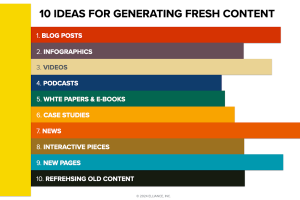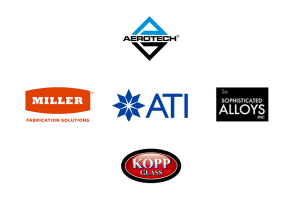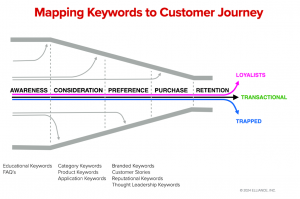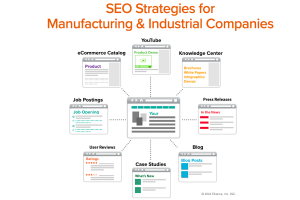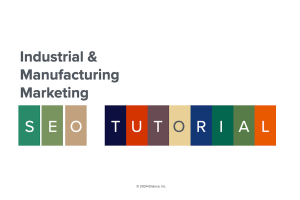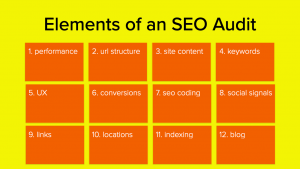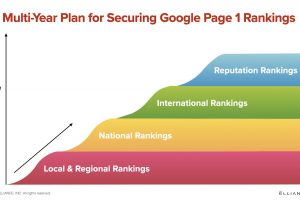
Back in November 2023, Aggarwal, Murahari, Rajpurohit, Kalyan, Narasimhan, and Deshpande from Princeton, Georgia Tech, The Allen Institute of AI, and IIT Delhi and published a paper titled “GEO: Generative Engine Optimization”. This blog post is partly inspired by their findings and partly by Elliance experience and observations. Generative Engine Optimization (GEO) is a optimization framework […]

